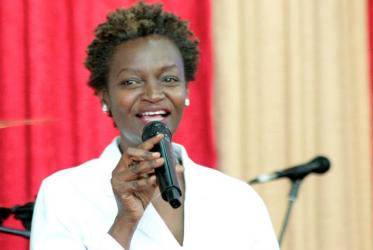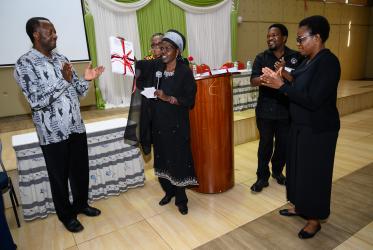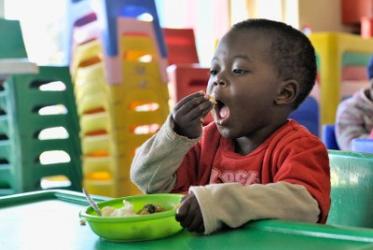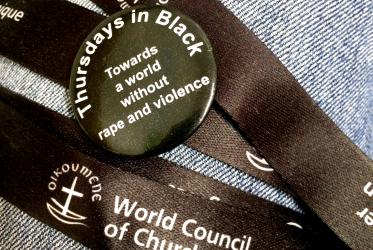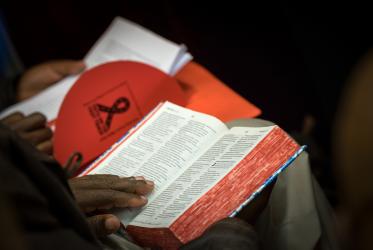Displaying 1 - 20 of 38
Kenya schools invest in young people to end new HIV infections
18 September 2019
Faith and HIV treatment go hand in hand
06 March 2019
In Kenya, issues of young people come to the forefront
19 October 2018
#WCC70: A prayer about health and healing
20 July 2018
“God has brought ways of defeating HIV”
31 October 2017
UN discussion focuses on women, HIV and property rights
21 March 2017
Bible study gives hope as youth reflect on HIV
02 November 2016


